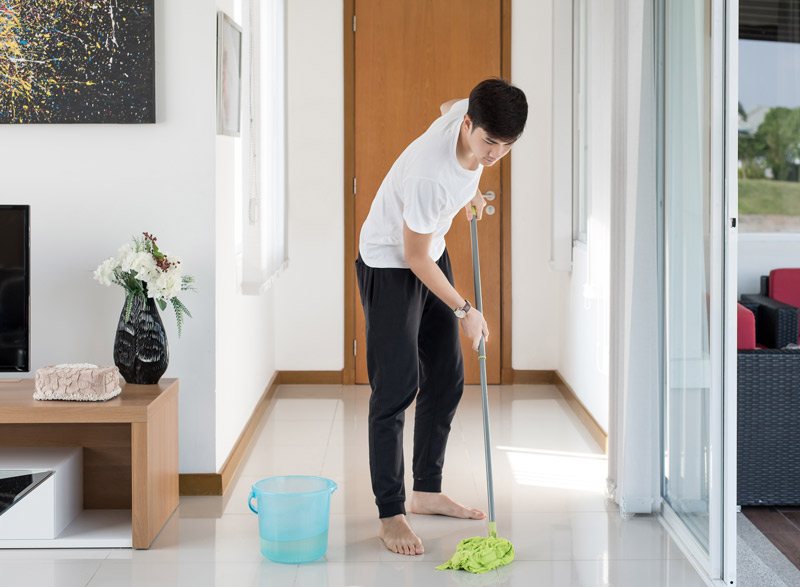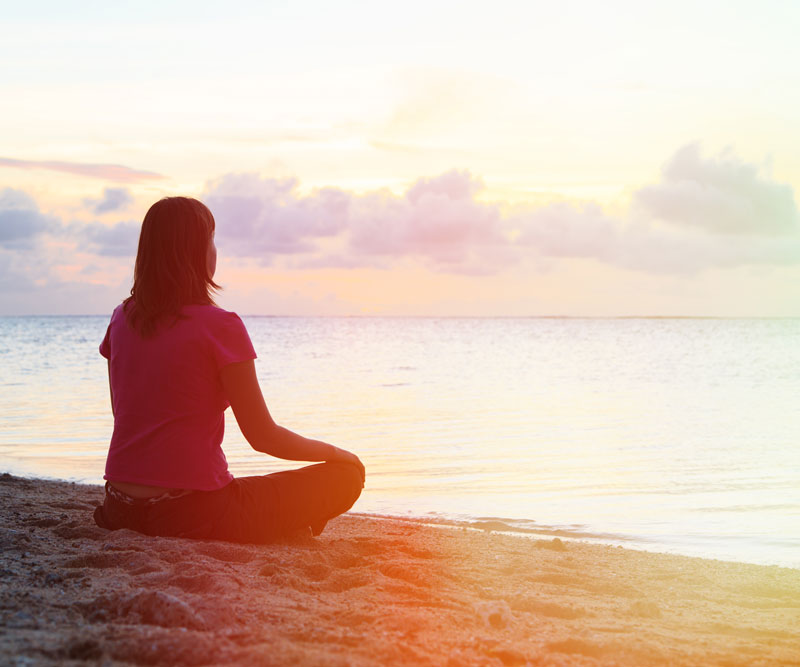
What Does Self-Care Look Like to You?
Why the answer may be very different depending who you ask
Self-care can be any practice or activity that we do to reduce our stress levels and contribute to our overall health, happiness and well-being.
Generally, self-care practices are pleasant and enjoyable – not something we feel we should do, but rather something we want to do.
With that being said, self-care is something we need to make time for, otherwise, it may get put off or pushed aside for other priorities.
But self-care is a priority!
It has been shown to improve our mood, reduce anxiety, strengthen our immune system, and enhance self-esteem and productivity.
These practices are things we do for ourselves and are meant to refuel and recharge us, in turn making us happier and healthier.
What Does Self-Care Look Like?
There are certain practices that are non-negotiable, or what are known as baseline self-care.
Examples of non-negotiable or baseline self-care include:
- Getting enough sleep.
- Exercising.
- Eating nutritious, nourishing food.
- Drinking plenty of water.
What your self-care looks like will be unique to your individual likes and needs. The things that bring one person joy may do the opposite for another, so it’s important to find what feels best for you.

Possible options for self-care can include (but are certainly not limited to):
- Going for a walk.
- Spending time in nature.
- Laying or sitting in the sun for 15 minutes.
- Starting a gratitude journal.
- Curling up with a good book.
- Taking a class (or watching YouTube) to learn something new.
- Trying yoga, meditation, Tai Chi or another calming practice.
- Spending time doing something creative, like art, writing, music or dance.
- Doing a digital detox (4-6 hours of no phone or technology of any kind).
- Getting a massage.
- Taking a hot bath.
- Listening to your favorite music.
- Planning a lunch or dinner date with a friend.
- Dancing or singing to your favorite song.
- Spending time with a pet.
- Cleaning/organizing your home, closet or car.
- Reading, watching or listening to something inspiring.
- Watching a comedy.
- Talking/connecting with a loved one.
- Taking a power nap.
- Going to a museum or movie.
- Saying no to things you don’t have energy for.
- Allowing yourself to rest, relax and enjoy downtime.
- Taking a day to have no commitments.
Every day, do at least one thing you enjoy.
Often in our busy lives, taking time for ourselves can create more stress if we feel guilty or bad about taking downtime when we “should” be working or taking care of others.
It is essential to understand we cannot pour from an empty cup.
When we try to, we may end up feeling burned out, exhausted or even resentful.

Taking care of ourselves is NOT selfish – it is crucial for our health and well-being.
Like the oxygen mask on the plane, put yours on first!
When Stress Can Be Healthy
The term “eustress” refers to “good stress,” in that it provides motivation to live a more productive life and gives us a sense of purpose and responsibility.
Eustress helps us adapt to change and perform tasks better, and improves creativity and productivity.
Learning something new and challenging ourselves to step outside our comfort zone in order to gain new abilities is a healthy aspect of short-term stress.
Other forms of good stress can be things like:
- Graduating from school.
- Starting a new job.
- Getting married.
Unnecessary stress is stressing over things that are out of our control, like traffic, other people’s opinions or the weather.
We can only control how we respond to these stressors.
We can eliminate unnecessary stress by changing the situation (i.e., avoid or alter the stressor) or changing our reaction (i.e., adapt to or accept the stressor).
Learning to say “no” to things you don’t have the time, desire or energy for is one way to avoid unnecessary stress.

Other ways to stop a stressful situation in its tracks include:
- Not taking on tasks or challenges beyond your skill set.
- Managing your time efficiently so you’re in control of each day. Poor time management leaves us feeling rushed and out of control.
- Avoiding excessive amounts of caffeine and sugar, as these can create more of a stress response in the body.
How to Start Your Own Self-Care Practice
Setting small, realistic and attainable goals throughout the year can be much more effective than trying to overhaul every bad habit at once.
Gradually making changes (i.e., start each week with a “Meatless Monday” if you’re trying to shift to plant-based eating) can create long-term changes and healthier habits that last.
To me, self-care is all about NOT buying into the hype of anyone or anything, but rather learning to listen to my body and doing what serves ME.
So, what does self-care look like to you?
I know this can be challenging to answer, especially with all the conflicting information we have access to.
A good place to start can simply be to ask yourself, “What are the ways I take care of myself?”
If you need more self-care in your life, try implementing a few things from the list above into your week, or any other practices that add to your health and well-being.
Do at least one thing a day for yourself – your health and well-being matter!
Published on: May 9, 2025



